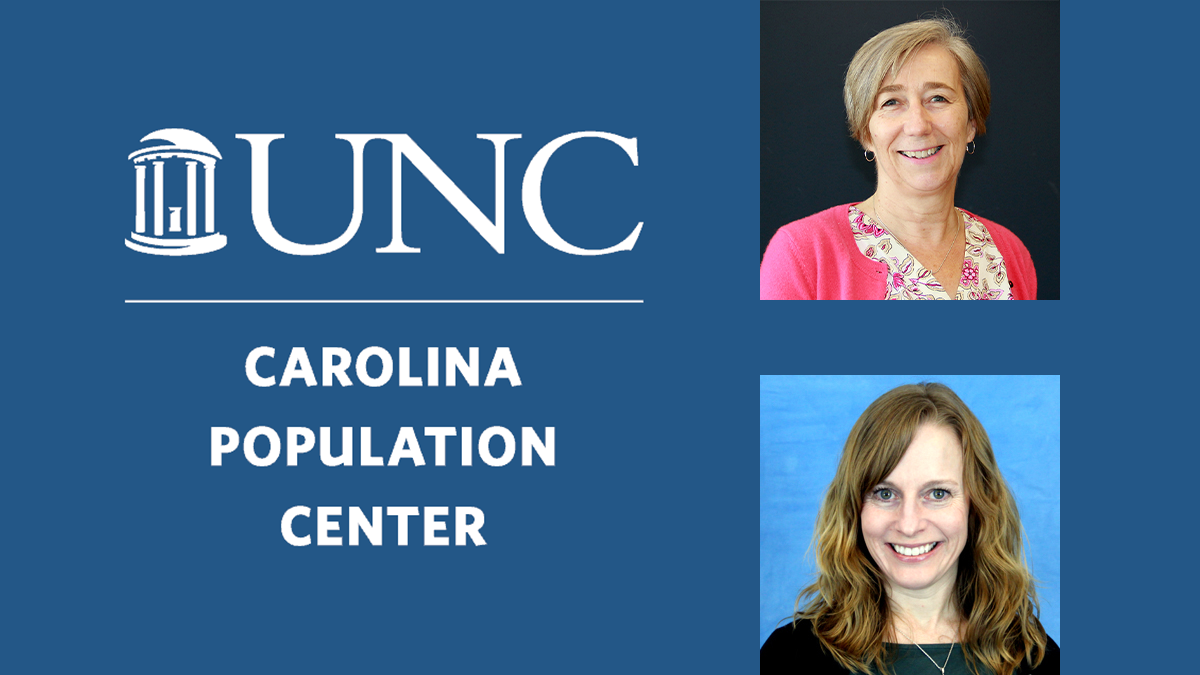USAID awards $90 million grant to Carolina
The five-year project to improve health in low- and middle-income countries is housed in the Carolina Population Center’s Measure Program.

The five-year project to improve health in low- and middle-income countries is housed in the Carolina Population Center’s Measure Program.
The Carolina Population Center at UNC-Chapel Hill was awarded a new $90 million cooperative agreement by the U.S. Agency for International Development to implement the Global Health Program Evaluation, Analysis, Research and Learning project. The five-year project is housed within CPC’s Measure Program and will run through Sept. 30, 2028.
The GH PEARL project builds upon the success of the Measure Program’s more than 25 years of implementing USAID-funded global health monitoring, evaluation, research and learning activities in the areas of family planning, reproductive, maternal, newborn and child health and nutrition, HIV/AIDS, malaria and tuberculosis. The GH PEARL project joins three large USAID-funded projects currently managed by the Measure Program—Data for Impact; TB Data, Impact Assessment and Communications Hub; and PMI Measure Malaria.
The GH PEARL project will facilitate effective generation and use of high-quality data and evidence to strengthen policies and program implementation to improve health and save lives in low- and middle-income countries. GH PEARL is driven by three guiding principles centered on localization: expand leadership and funding of local partners, focus on data use and promote equity.
The global project has the following four objectives:
- Effective evidence: Improve the quality, availability, and timeliness of evidence and data for learning and action.
- Strengthened capacity: Strengthen local organizational capacity and systems to produce, analyze, visualize, interpret, report, disseminate, and use high-quality data for decision making.
- Improved metrics and tools: Design or improve, test, and apply robust metrics, methods, guidance and tools for MERL.
- Increased evidence use through knowledge management and translation: Conduct knowledge synthesis, translation, and management to inform decision making.
GH PEARL is a consortium led by Carolina in partnership with GEMNet-Health; Ifakara Health Institute; International Centre for Diarrhoeal Disease Research, Bangladesh; Palladium International, LLC; Q2 Impact; and Tulane University. The GH PEARL consortium will collaborate to help countries identify and pursue proven and innovative approaches to improve the quality, coverage, and equity of interventions at the global, regional, national and subnational levels.
“Our consortium blends an unparalleled record in advancing global progress across the full range of MERL work, technical leadership from top health institutions in Africa and Asia and a global MERL network, and knowledge management and translation expertise to catalyze data availability and use,” said Jessica Fehringer, adjunct associate professor in UNC Gillings School of Global Public Health and D4I project director. Fehringer will lead the new GH PEARL project.
“The GH PEARL project will approach every activity from an equity lens to support USAID’s new strategic approach to localization, by strengthening local capacity to conduct MERL and translate this evidence for improved decision making for health programs and policies,” Fehringer said of the project’s vision. The GH PEARL project is focused on country-led, sustainable data ecosystems that use state-of-the-art metrics, methods, guidance, and tools to generate and synthesize evidence. This generation of user-driven data will bring evidence close to the local decision-making processes and break the pattern of over-reliance on international organizations to drive learning agendas.
Siân Curtis, professor at the Gillings School of Global Public Health, will serve as the principal investigator for GH PEARL. “Improved evidence and data use is critical for accelerating global progress in reproductive, maternal and child health and nutrition,” Curtis said. “GH PEARL will generate evidence for new and evolving health needs by leveraging advances in digital technology to empower communities and health systems with the information they need to improve health outcomes in an equitable, inclusive and sustainable manner.”
USAID administers the U.S. foreign assistance program providing economic and humanitarian assistance in more than 100 countries worldwide.
The Global Health Program Evaluation, Analysis, Research, and Learning (GH PEARL) project is made possible through the generous support of the American people through the United States Agency for International Development (USAID). The contents are the responsibility of the Carolina Population Center and do not necessarily reflect the views of USAID or the United States Government.







